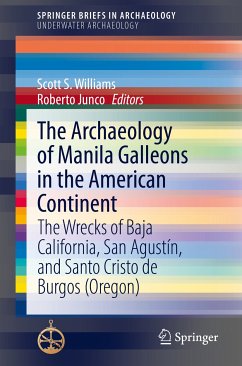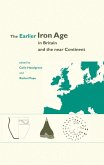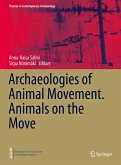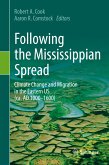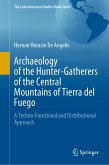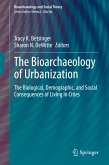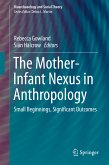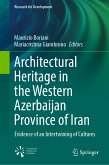The majority of Manila galleon wrecks are found in the western Pacific and were salvaged by treasure hunters rather than recovered by archaeologists. The three North American shipwrecks represent the most protected Manila galleon archaeological sites, so their potential for future archaeological research is higher than for many of the extant shipwrecks of the western Pacific.
Dieser Download kann aus rechtlichen Gründen nur mit Rechnungsadresse in A, B, BG, CY, CZ, D, DK, EW, E, FIN, F, GR, HR, H, IRL, I, LT, L, LR, M, NL, PL, P, R, S, SLO, SK ausgeliefert werden.

